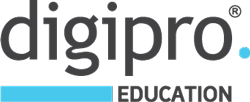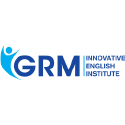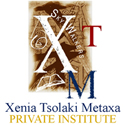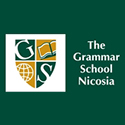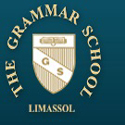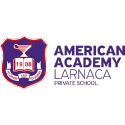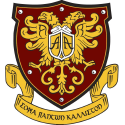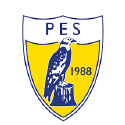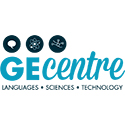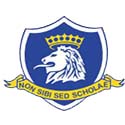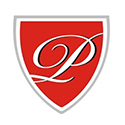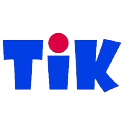Embed STREAMS Across the K-12 Curricula: Learning Redesign for Supporting the Whole Child.

Instructors
-
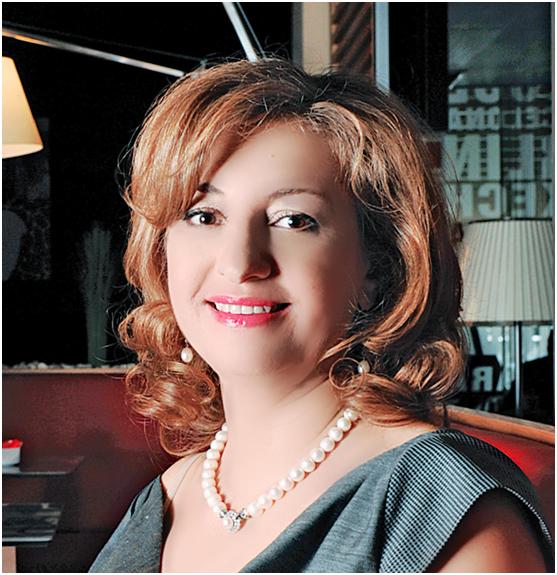 Chryso ChristodoulouCEO – Founder
Chryso ChristodoulouCEO – FounderMrs. Chryso Christodoulou is the founder of FUNecole® Research Institute and the co-founder of Digipro Education Limited. Her academic background is in Computer Science and Education. She is the designer and author of the FUNecole® for Cambridge ICT Starters Initial Steps endorsed by University of Cambridge International Examinations and recognized best practice educational approach by the European Commission. Mrs. Christodoulou is an external educational expert for the Institute of Prospective Technological Studies (IPTS) on various educational research projects. She is a program committee member for the Institute of Electrical and Electronics Engineers’ (IEEE) Computer society. Mrs. Christodoulou participates as keynote speaker and panelist at numerous conferences, seminars and workshops around the world. Mrs. Christodoulou´s work has been published in scholarly and policy publications, such as IEEE Xplore and the European Parliament Magazine. She is a recognized as an entrepreneurship expert by OECD and is one of 350 European Ambassadors of Entrepreneurship.
-
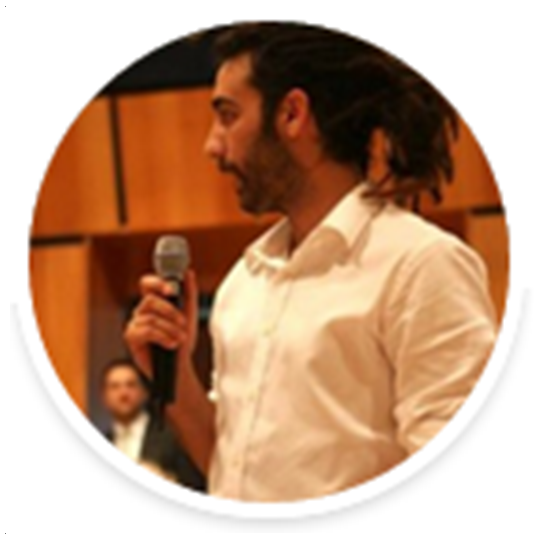 Kyriakos ChristodoulouHead of R&D and Innovation
Kyriakos ChristodoulouHead of R&D and InnovationKyriakos Christodoulou is the Research and Development Innovation Director at Digipro Education Limited, a leading provider of innovative pedagogical solutions in the EdTech industry. He has over 15 years of experience in the field of computer science, specializing in ethical pedagogy, while also holding the position of Director of R&D and Innovation of a global computer science curriculum at FUNecole Education Limited.
He previously worked as a Computer Science Lecturer and Researcher at the University of Duy Tan. Under Kyriakos’ leadership as a Robotics instructor, his students received 1st prize in primary age ROBOTEX contest. Kyriakos holds a Bachelor’s in Computer Science from the University of Nottingham, and an MSc in Technology Innovation Management from SPRU, University of Sussex.
As a co-founder of a non-profit organisation the ‘ECO Social Movement’, he is committed to support and organise social and ecological volunteering projects. In his spare time Kyriakos enjoys playing the piano and rock-climbing excursions.
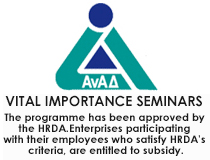
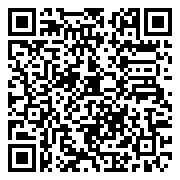
Hourly Schedule
Day 1
- 08:00 – 10:00
- Supervising the STREAMS Lessons
- • Encourage student communication of their ideas or questions to a partner. <br/>• Avoid jumping in with guided assistance or additional prompting the moment your students begin to struggle. <br/>• Having a discussion about challenges students face after the activities. <br/><br/>Case Study: <br/>Give Options Rather than a Set Outcome <br/><br/>Case study 2: Future Ready Students
- 10:00 – 10:15
- Coffee Break
- 10:15 – 11:00
- Group Presentations
- Present group projects that contain learning experiences beyond expectations driven by authentic passion and need
- 11:00 – 11:15
- Coffee Break
- 11:15 – 13:15
- The Global Educational Framework
- • The necessary shifts in learning content and experiences necessary for the K12 students. <br/>• The set of guiding principles by which to realize education systems <br/>• What skills should schools provide now to be ready for the future? <br/>• The rationale behind schools’ lagging even by today’s standards. <br/><br/>Case Study: <br/>Finland has been doing vast reforms in education. <br/><br/>Case Study: <br/>The MIT’s Life Long Kindergarten <br/><br/>Class Project 1: <br/>Designing New Pedagogical Models that Work for the K-12 Education
Day 2
- 7:30 – 10:00
- What is the STREAMS Integration Process?
- • Teaching beyond single disciplines <br/>• The experiential learning opportunities and the Integration Approaches. <br/>• The whole pallet of learning for the whole child development.
- 10:00 – 10:15
- Coffee Break
- 10:15 – 11:45
- Ways to Support Various Pedagogical Models with STREAMS and State of the Art Technological Tools
- • The Understand by Design Pedagogical Model <br/>• The Differentiated Pedagogical Model <br/>• The Parallel Pedagogical Model <br/>• The Integrated Pedagogical Model <br/>• The Flip Class Pedagogical Model <br/>• The Multilateral Pedagogical Model <br/><br/>Group Projects: <br/>Developing STREAMS Lessons plans
- 11:45 – 12:45
- STEM vs. STEAM Vs. STREAMS
- • What Initiatives are not STREAMS? <br/>• Fostering for Autonomous and Collaborative Learning Environments <br/>• Presentation of various platforms to support the STREAMS Lessons <br/><br/>Case Study: <br/>Develop Autonomy and Collaboration in the Classroom
Day 3
- 07:30 – 10:00
- Class Project
- 10:00 – 10:15
- Coffee Break
- 10:15 – 11:45
- Recapitulation of the previous day
- • How Can Schools Connect and Align the STREAMS Processes with the Cypriot Educational Standards? <br/>• Adjust school programing and scheduling to accommodate a new way of teaching and learning. <br/>• Integrate the STREAMS schemamapping for the curriculum and assessment design process. <br/>• Align to the Cypriot educational standards and educational requirements <br/>• Ensure the seamless lesson implementation processes and strategies How to Create the STREAMS – Centered Classroom?
- 11:45 – 12:00
- Case study: Best Practices for Connecting STREAMS with Special Education
- Special Education students oftentimes go to intervention classes in place of arts classes (technology, art, music, etc). The same also applies to students performing below gradelevel in math and reading.

